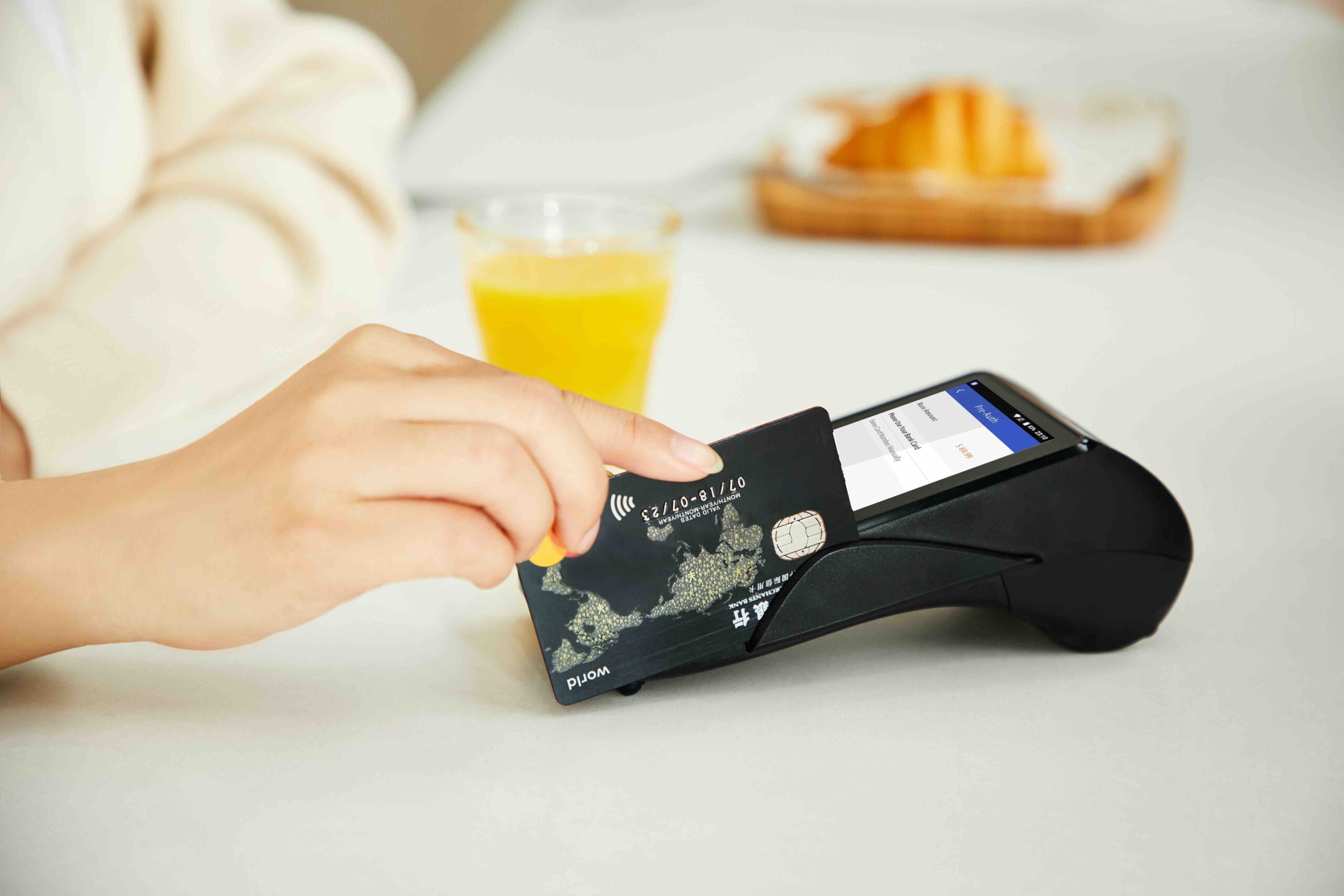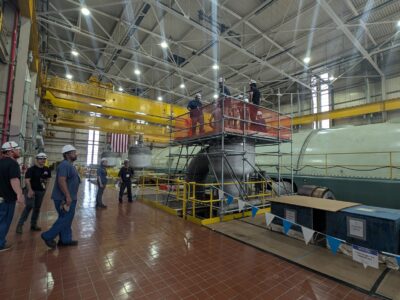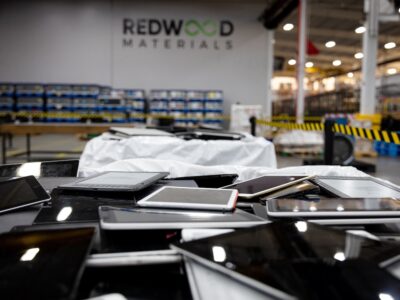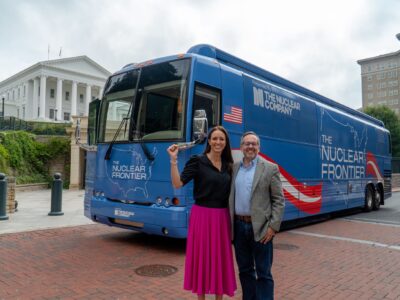If at first you don’t succeed at getting the world to switch off fossil fuels, reach for the ace in the hole: financial incentives. It’s a tried-and-tested methodology that the U.S. and Europe have deployed to accelerate government decarbonization goals.
Many of these policies reward people for making almost life-changing decisions like buying an electric car or installing a heat pump. Future, a Maryland-based financial firm, believes in rewarding customers for everyday sustainable purchases.
FutureCard is your standard cashback rewards debit card. The company actively encourages these purchases because they save the planet and the customer money. FutureCard offers 2.72% APY on the card balance with no fees.
“Climate-smart spending” earns 6% cashback, and the rewards can buy items like iPhones and other fun tech. There also is a list of sustainable items that Future will reward card users for buying.
One percent cashback is earned on every other purchase, including non-sustainable goods.
Just riding the subway to work could earn you cashback. FutureCard incentivizes users to ride public transportation and use bike share around certain cities. Recently, Future partnered with New York City to reward FutureCard holders for riding MTA transit, using Lyft CitiBike, ridesharing with Volkswagen electric cars, and riding Revel scooters. You can even earn rewards for eating out at plant-based restaurants around the Big Apple.
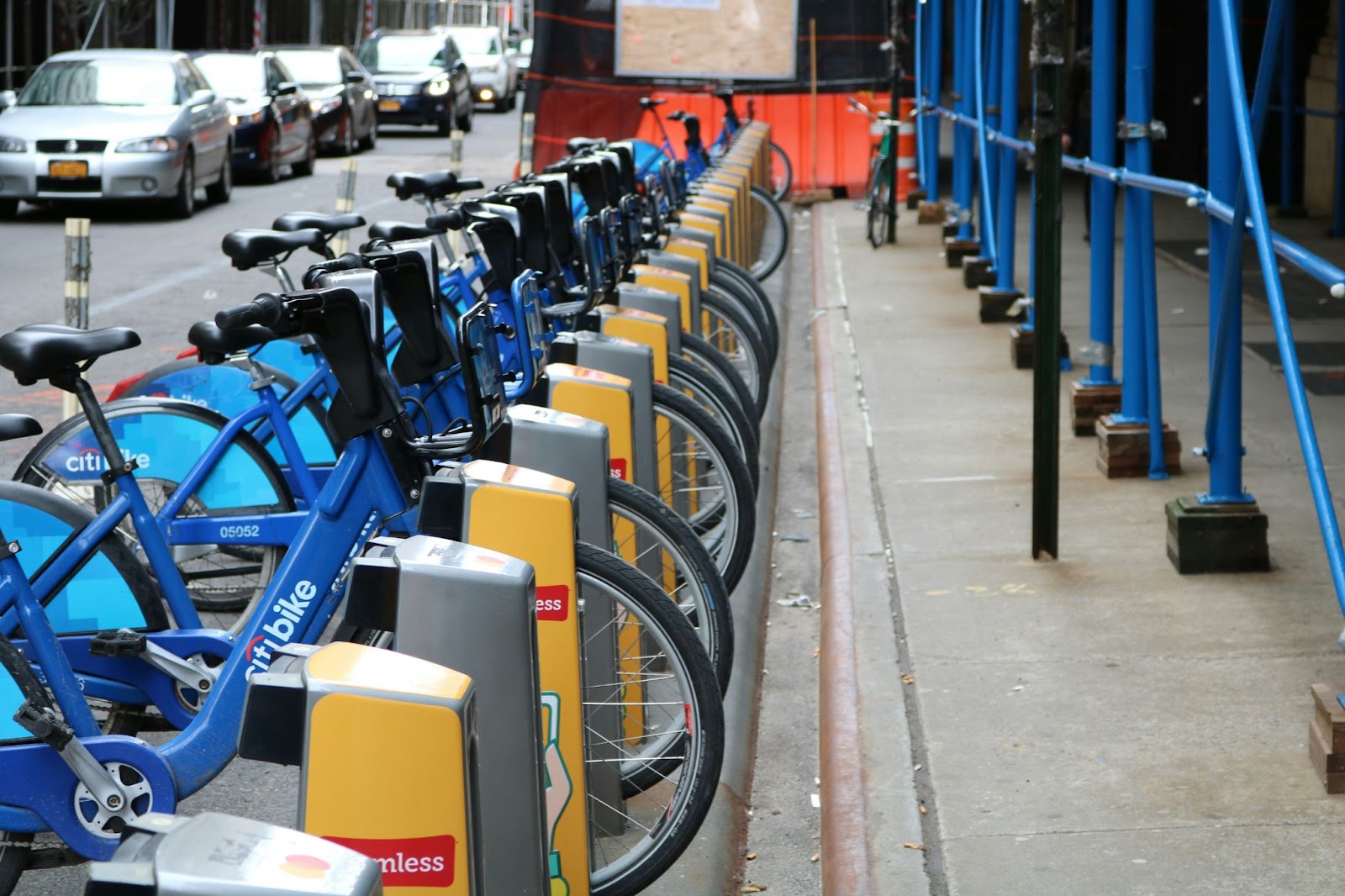
Photo Courtesy Daniel Adams
Other sustainable purchases like charging your Tesla will earn you rewards. There are no monthly interest payments or fees, and all rewards are automatically redeemed into your account.
Future entered the fintech space in 2021, bringing the idea of merging sustainability and finance into a more climate-aware world. More countries are requiring mass-scale electric vehicle (EV) rollouts, some have already cut themselves off coal and liquid natural gas (by force or by choice), and renewable energy is being deployed at a record-fast pace. Eventually, the daily consumer will have to make eco-friendly purchases.
“Part of what we want to do is make it crystal clear to consumers that carbon has a price. It’s valuable,” Jean-Louis Warnholz, co-founder and CEO, said in an interview with TechCrunch. “Every action that you take — and you don’t see it — but somebody is paying that price. The price is external, and we’re basically bringing it front and center to consumers to inform everyday decisions.”
Unlike other debit cards, FutureCard knows the difference between bike share companies, just like it can tell a regular passenger car as a gas-powered one from an EV.
If you buy clothes second-hand, you also earn rewards for that.
In 2022, Warnholz told Well+Good that about 50,000 businesses qualify for FutureCard’s cashback reward. The company teamed up with the Life Cycle Sustainability Assessment to create an algorithm that measures carbon emissions from products and services. It measures everything in the supply chain and logistics.

Photo Courtesy Charles Deluvio
On the company website, there are several blogs about saving money through green practices like plant-based eating, which the company says can cost $23 less per week than eating meals with meat.
Future also offers FutureCoins, a carbon credit program where consumers will track each metric ton of carbon they save and then can sell or retire it, meaning it can’t offset others’ emissions. The coins cost around $90, according to the Warnholz TechCrunch interview.
The FutureCard was named one of Fast Company’s Top Finance Innovation by Design for 2023 finalists. This kind of methodology seems to resonate with the crowd, and as more incentives come forward, hopefully, people will start to shop more eco-friendly.

